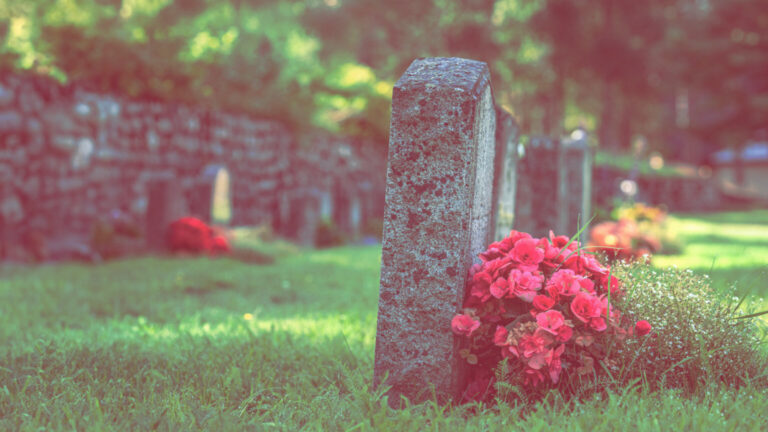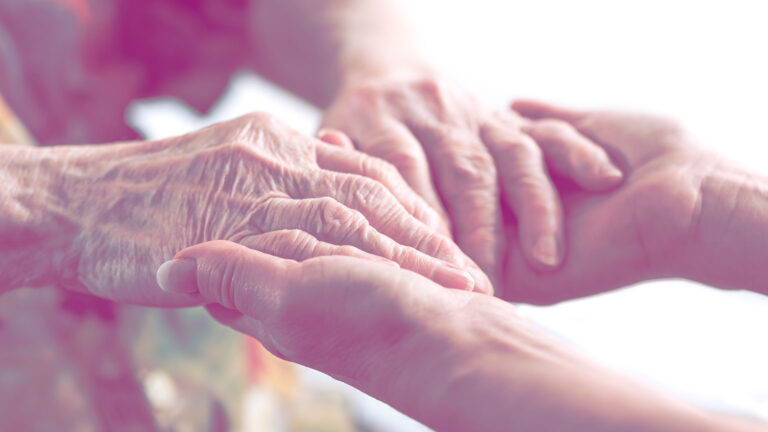Medical terminology and medical roles that can be confusing, so I hope this will help:
Palliative care: providing care to help relieve or soothe the symptoms of a disease or disorder without effecting a cure.
Terminal illness: an active or malignant disease which cannot be cured. It is best defined as a life expectancy of 6 months or less, whether involving a malignancy or not. At this point the GP can sign a ‘DS 1500’ form for care benefits for the patient. The GP, district nurse or cancer care nurse will usually make sure this is done in good time.
Chronic illness: a persistent or reoccurring illness which often results in disability and may foreshorten life expectancy.
A Prognosis: the length of time a patient may have left to live. Sometimes referred to as a ‘5-year survival rate’, i.e., the statistical chance of the patient dying in the next five years (of anything). None will have a 100% survival expectancy. Life has its dangers. But, for instance, the chance of a fit, non-smoking 50-something male having a stroke or developing cardiovascular disease in the next 10 years is about 5%.
Medical Roles
Oncologist: A doctor who specialises in diagnosis and treatment of cancer. Most NHS hospitals have an Oncology unit, and a team of oncology nurses.
Palliative Care Consultant: A doctor who leads a specialist team in the provision and management of all patients with chronic and terminal illness. They are employed by the NHS and also work in hospices.
Macmillan Nurses and Palliative Care Clinical Nurse Specialists: Macmillan Nurses are clinical nurse specialists in cancer and palliative care who are employed in a post that has been funded by Macmillan Cancer Relief initially and then by the NHS. They work in hospitals and in the community, but not usually within the private health care scheme. To obtain the services of a Macmillan nurse or Palliative Care Clinical Nurse Specialist, you must be referred by your GP, your hospital consultant, a district nurse or a hospital ward sister.
Marie Curie Nurses: These are specially trained cancer or palliative care nurses, funded by the Marie Curie Cancer Care Charity. Their services are free to patients, and their families, who are cared for by Marie Curie Hospices found throughout the UK.
Thank you for visiting this page. You may be interested in my books on death and dying. You can also listen to a host of fascinating guests on my Embracing Your Mortality podcast.
















